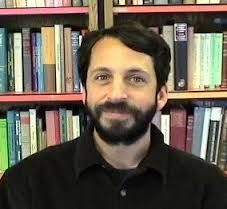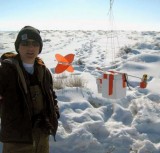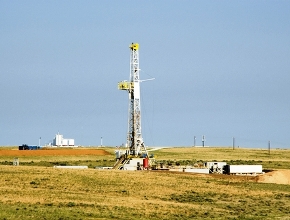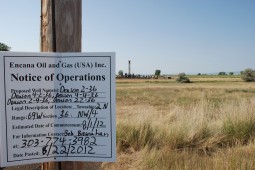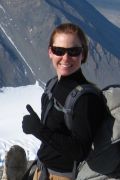 Methane in Drinking Water (start time 05:36) Flaming water faucets were infamously exposed in the documentaries Gasland and Gasland 2. The water isn’t catching fire–methane in the water is. People are deeply concerned that methane, dredged from kilometers down, is leaking into our drinking water supplies through poorly constructed and maintained oil and gas wells, but methane can be produced by living organisms much closer to the surface too. How can we tell where the methane in the water is coming from? One way is to look at stable isotopes of carbon, but the tests are expensive and require a lot of expertise. But our guest Dr. Lee Stanish explains to host Jim Pullen that she is working on much cheaper ways to trace the source of the methane. Lee is a Research Associate in the Department of Molecular, Cellular and Developmental Biology at the University of Colorado, Boulder. She’s trying to raise money for her research through crowd-sourcing–learn more here.
Methane in Drinking Water (start time 05:36) Flaming water faucets were infamously exposed in the documentaries Gasland and Gasland 2. The water isn’t catching fire–methane in the water is. People are deeply concerned that methane, dredged from kilometers down, is leaking into our drinking water supplies through poorly constructed and maintained oil and gas wells, but methane can be produced by living organisms much closer to the surface too. How can we tell where the methane in the water is coming from? One way is to look at stable isotopes of carbon, but the tests are expensive and require a lot of expertise. But our guest Dr. Lee Stanish explains to host Jim Pullen that she is working on much cheaper ways to trace the source of the methane. Lee is a Research Associate in the Department of Molecular, Cellular and Developmental Biology at the University of Colorado, Boulder. She’s trying to raise money for her research through crowd-sourcing–learn more here.
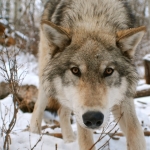 Haven for Captive Wolves (start time 14:25) Right now in the United States, about a quarter of a million wolves live in captivity and fewer than 10,000 wolves in the wild. Most of the captive wolves born each year do not survive to see their first birthday. They’re either destroyed or they die of neglect. Colorado’s Mission Wolf refuge has rescued three dozen of these born-in-a-cage wolves to give them a better life, and to use some of them as ambassadors who educate people around the U-S about the amazing intelligence of wolves, and their plight. How On Earth’s Shelley Schlender and Boulder Naturalist and KGNU volunteer, Steve Jones, bring us the story.
Haven for Captive Wolves (start time 14:25) Right now in the United States, about a quarter of a million wolves live in captivity and fewer than 10,000 wolves in the wild. Most of the captive wolves born each year do not survive to see their first birthday. They’re either destroyed or they die of neglect. Colorado’s Mission Wolf refuge has rescued three dozen of these born-in-a-cage wolves to give them a better life, and to use some of them as ambassadors who educate people around the U-S about the amazing intelligence of wolves, and their plight. How On Earth’s Shelley Schlender and Boulder Naturalist and KGNU volunteer, Steve Jones, bring us the story.
Hosts: Beth Bartel and Jim Pullen
Producer/Engineer/Executive Producer: Jim Pullen
Additional contributions: Shelley Schlender and Joel Parker
Listen to the show here:
Podcast: Play in new window | Download (Duration: 24:50 — 34.1MB)
Subscribe:
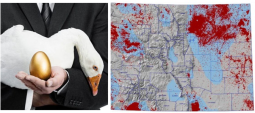

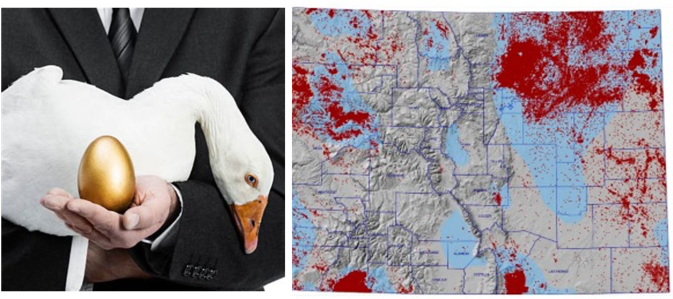


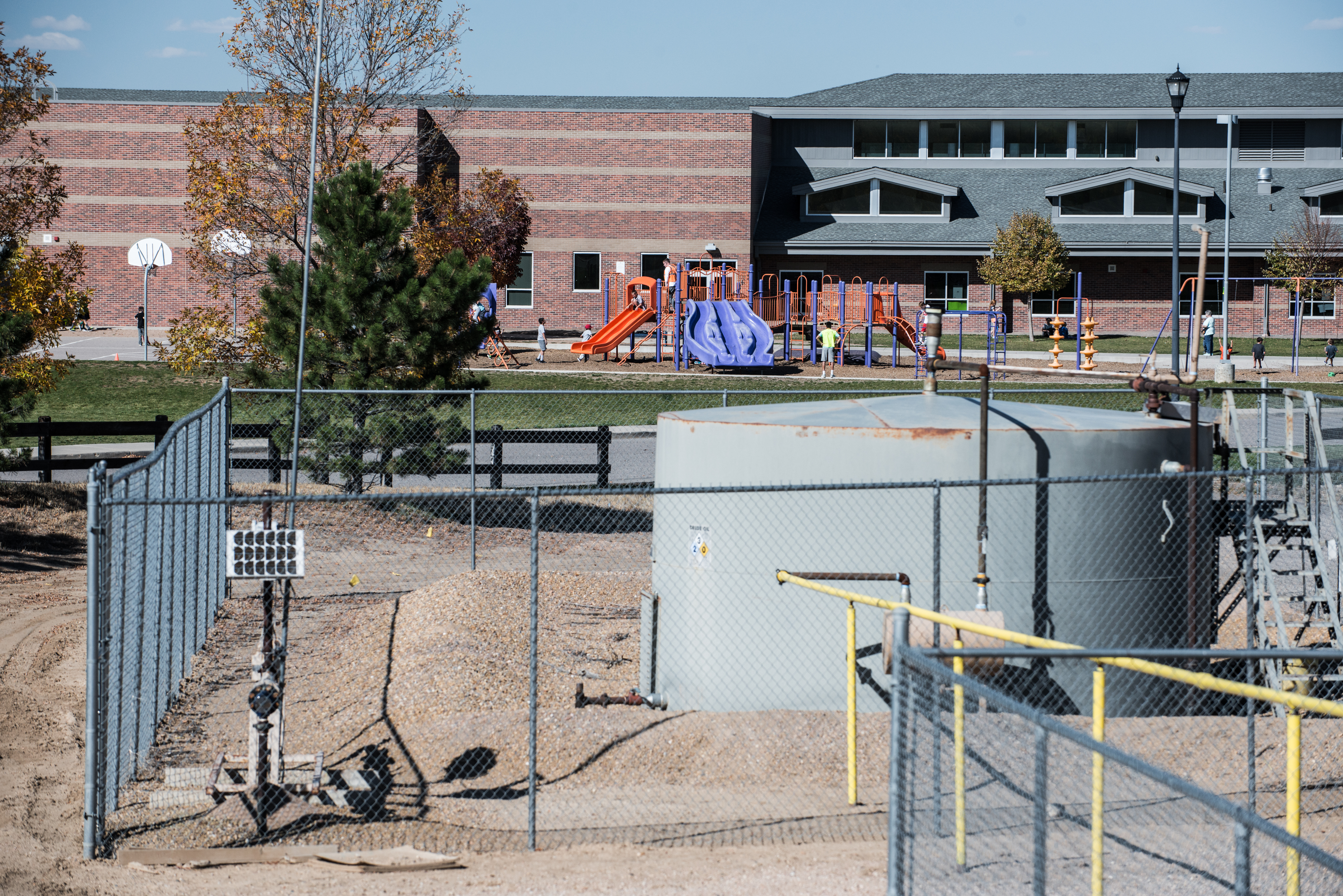
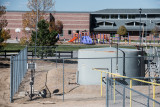
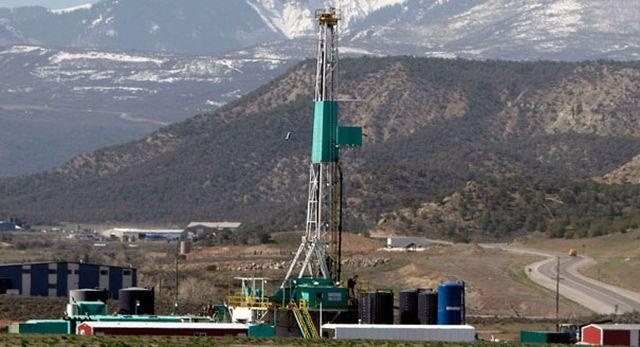

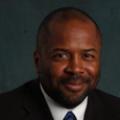

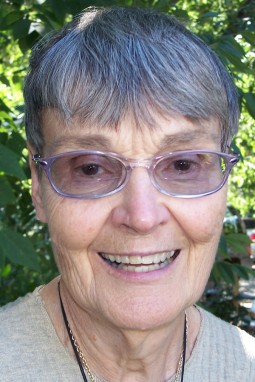
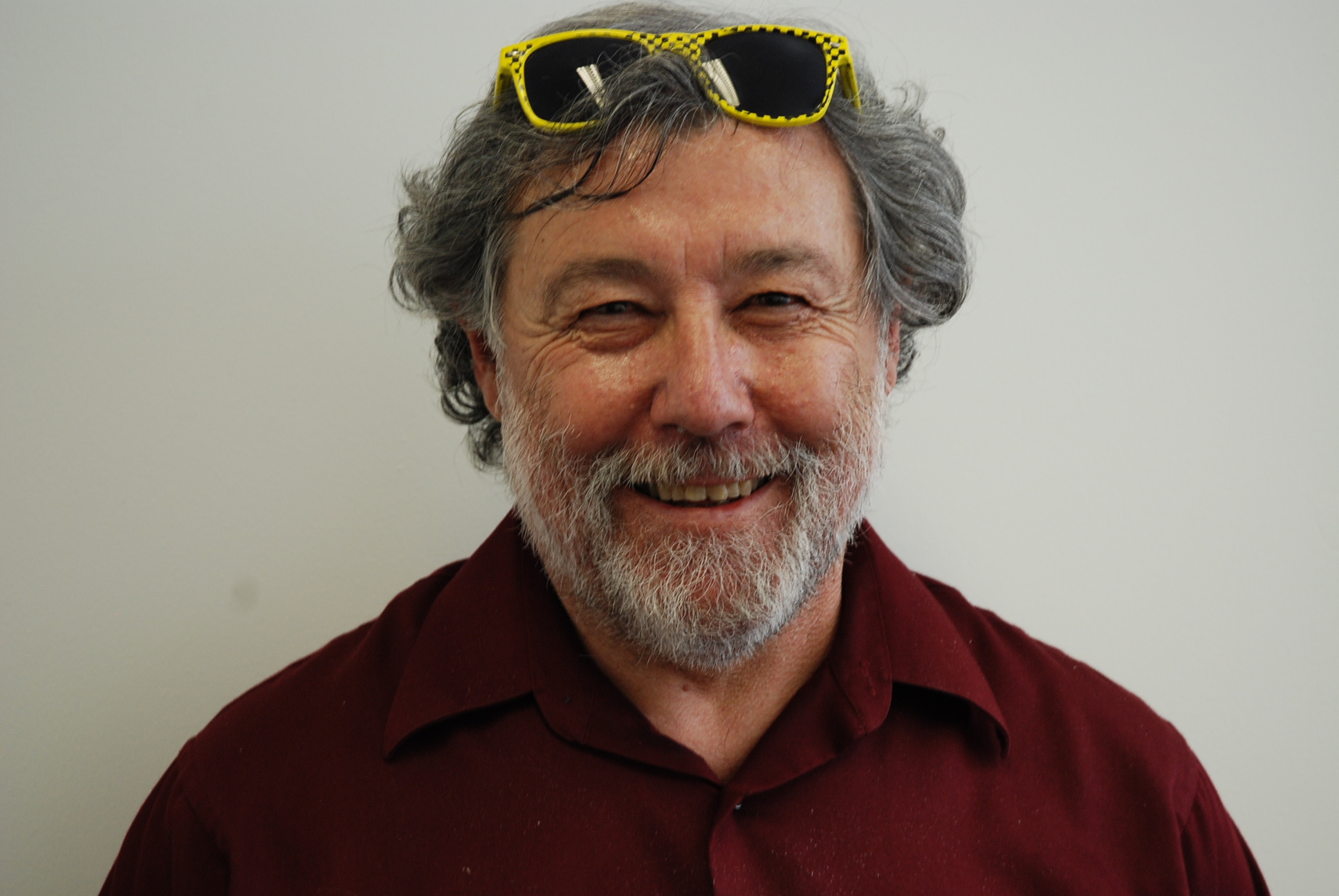
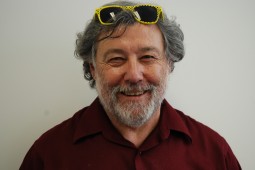


 Haven for Captive Wolves (start time 14:25)
Haven for Captive Wolves (start time 14:25)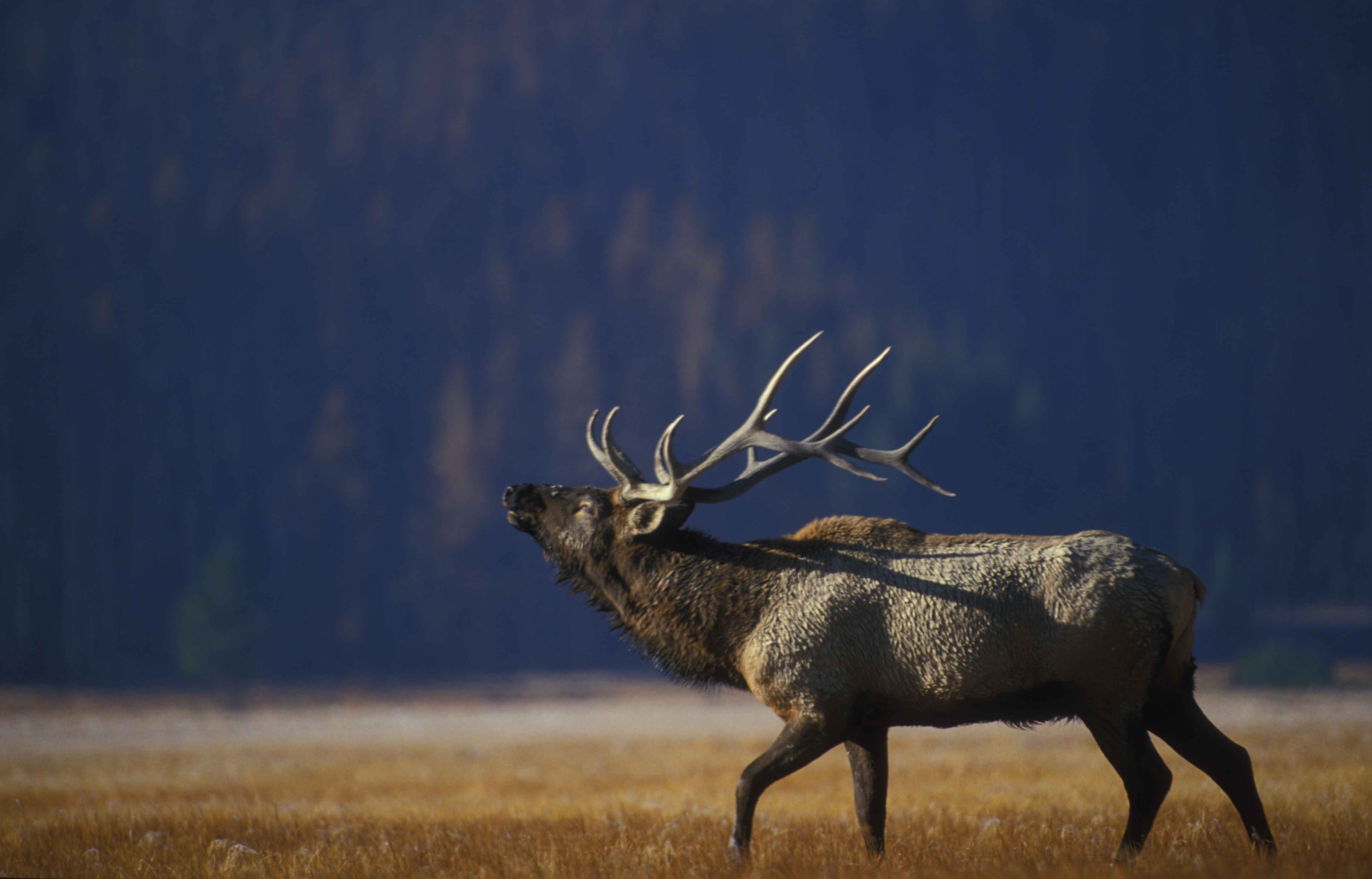
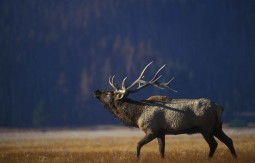 Big Game and Climate Change (start time 5:00) Last week, the National Resource Council released some serious warnings about
Big Game and Climate Change (start time 5:00) Last week, the National Resource Council released some serious warnings about 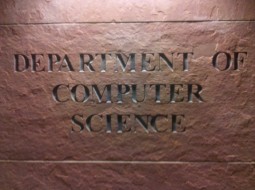 Hour of Code (start time 12:30) Coding is not just a magic trick where ones and zeros make
Hour of Code (start time 12:30) Coding is not just a magic trick where ones and zeros make 